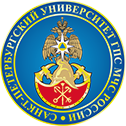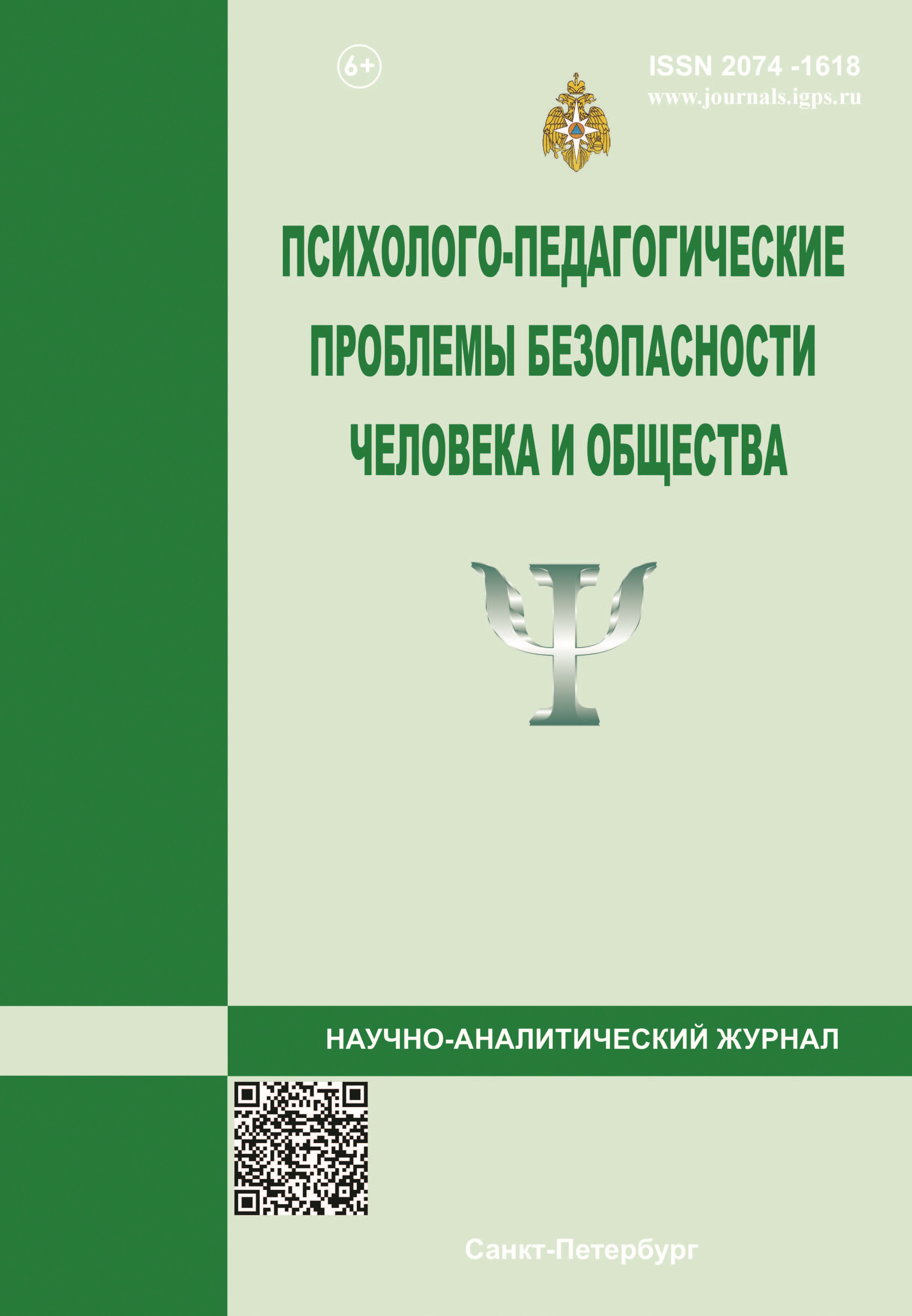Russian Federation
Russian Federation
Russian Federation
The methodological foundations of the creative-reflexive approach, the methodology and generalization of the experience of its application in the educational process of Saint-Petersburg university of State fire service of EMERCOM of Russia on the example of a command and staff exercise are considered. It is shown that creative-reflexive approach is a more general approach in relation to a number of the most commonly used in the practice of the educational process, for example, the problem approach, as well as to a number of methods of activating learning. The purpose of the work is to familiarize the teaching staff of Saint-Petersburg university of State fire service of EMERCOM of Russia with one of the urgent directions of improving the methodology of training students – a creative and reflective approach to learning, as well as with various methods of its implementation in the educational process.
creative-reflective approach, system of technical means of training, cognitive activity of students, two-dimensional educational activity, decision-making, development of the creative personality of the head, method of synetics, heuristic methods
1. Latyshev O.M., Troyanov O.M., Reva Yu.V. Osnovnye napravleniya optimizacii processa obucheniya v vysshej shkole // Nauch.-analit. zhurn. «Vestnik S.-Peterb. un-ta GPS MCHS Rossii». 2018. № 3. S. 97–108.
2. Greshnykh A.A., Reva Yu.V. Primenenie metodov problemnogo obucheniya v prepodavanii uchebnykh discipline // Nauch.-analit. zhurn. «Vestnik S.-Peterb. un-ta GPS MCHS Rossii». 2020. № 4. S. 207–210.
3. Reva Yu.V. Metodika podgotovki i provedeniya seminarskogo zanyatiya // Psikhologo-pedagogicheskie problemy bezopasnosti cheloveka i obshchestva. 2018. № 4 (41). S. 41–48.
4. Skripnik I.L., Voronin S.V. Sovremennye al'ternativnye podkhody obucheniya v sravnenii s tradicionnymi // Psikhologo-pedagogicheskie problemy bezopasnosti cheloveka i obshchestva. 2017. № 4 (37). S. 46–50.
5. Kahveci A. Assessing high school students’ attitudes toward chemistry with a shortened semantic differential // Chemistry Education Research and Practice. 2015. № 16. P. 283–292.
6. Permyakov A.A., Podmarkov V.V. Organizaciya kursovogo proektirovaniya v pozharno-tekhnicheskikh vuzakh na osnove ispol'zovaniya uchebno-delovykh igr // Problemy upravleniya riskami v tekhnosfere. 2014. № 3 (31). S. 102–111.
7. Medvedeva L.V., Permyakov A.A., Kuz'min A.A. Pedagogicheskaya model' kursovogo proektirovaniya na didakticheskoj osnove delovoj igry // Nauch.-analit. zhurn. «Vestnik S.-Peterb. un-ta GPS MCHS RossiI». 2016. № 2. S. 127–131.
8. Mitina N.A., Nurzhanova T.T. Sovremennye pedagogicheskie tekhnologii v obrazovatel'nom processe vysshej shkoly // Molodoj uchenyj. 2013. № 1. S. 345–349.
9. Andriyanc Ya.A., Malygina E.A. Teoreticheskie aspekty razvitiya kommunikativnoj kompetentnosti u kursantov v processe professional'noj podgotovki // Problemy upravleniya riskami v tekhnosfere. 2013. № 4 (28). S. 119–123.
10. Mikhajlov V.A., Mikhajlova V.V. Diagnostika kognitivnykh sposobnostej obuchayushchikhsya k upravleniyu strukturnymi podrazdeleniyami // Psikhologo-pedagogicheskie problemy bezopasnosti cheloveka i obshchestva. 2019. № 1 (42). S. 31–33.






